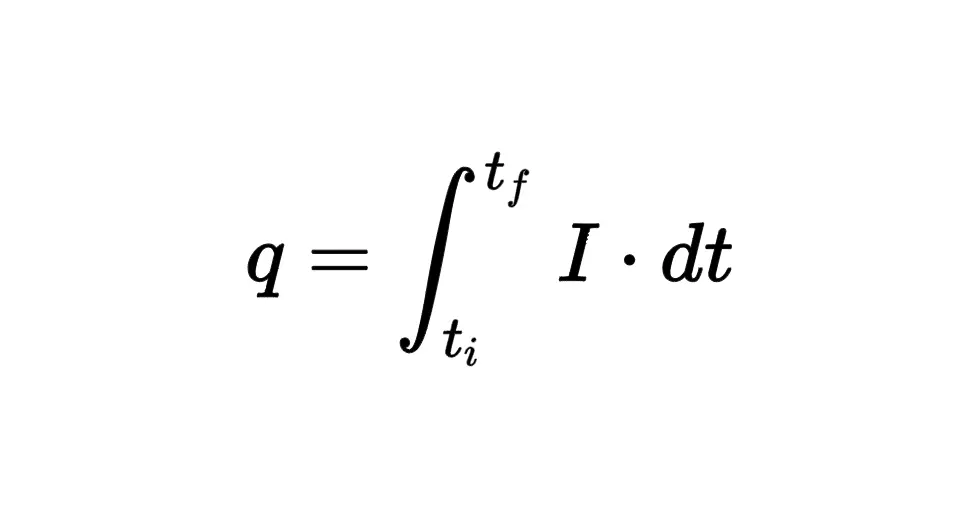
Q1: What is the charge of a lithium ion?
A: A lithium ion has a charge of +1. This is because it has one more proton than it has electrons, giving it a positive charge.
Q2: Why is it important that a lithium ion has a charge of +1 in a lithium-ion battery?
A: The fact that a lithium ion has a charge of +1 is crucial for the functioning of lithium-ion batteries. This positive charge allows lithium ions to move freely between the anode and cathode in the battery, facilitating the flow of electricity.
Q3: How does the charge of a lithium ion affect the energy density of a lithium-ion battery?
A: Because a lithium ion has a charge of +1 and is relatively light, it can store a large amount of energy relative to its weight. This makes lithium-ion batteries incredibly energy-dense, which is one of their main advantages over other types of batteries.
Q4: Can the fact that a lithium ion has a charge of +1 affect the efficiency of a lithium-ion battery?
A: Yes, the fact that a lithium ion has a charge of +1 contributes to the high efficiency of lithium-ion batteries. The movement of these positively charged ions between the anode and cathode during charging and discharging is highly efficient, with minimal energy lost as heat.
Q5: Does the charge of a lithium ion impact the lifespan of a lithium-ion battery?
A: Absolutely. The fact that a lithium ion has a charge of +1 allows it to move between the anode and cathode thousands of times without significant degradation. This means that lithium-ion batteries can be recharged and used over and over again, contributing to their long lifespan.
In conclusion, understanding the charge of a lithium ion – that a lithium ion has a charge of +1 – is fundamental to appreciating how lithium-ion batteries work and why they are a popular choice for a wide range of applications.




